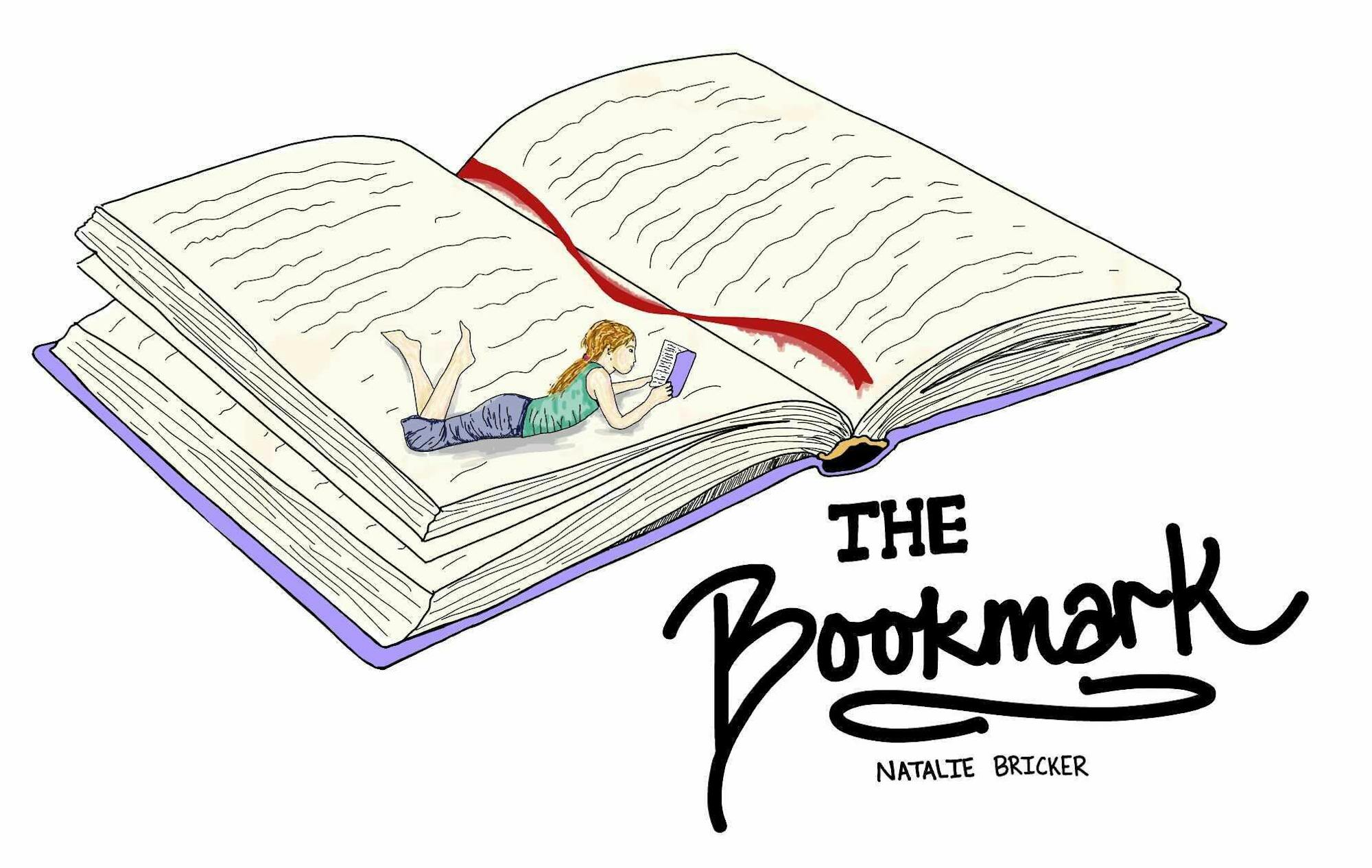Disclaimer: This article contains spoilers for “Tomorrow, and Tomorrow, and Tomorrow” (2022).
Welcome back to “The Bookmark,” your go-to column for book reviews! Last week, I featured the famous science-fiction masterpiece “Dune” (1965). This week, we’ll be returning to contemporary novels with a popular fiction story…
Let’s talk about “Tomorrow, and Tomorrow, and Tomorrow” by Gabrielle Zevin! Anyone who has keyed into BookTok, Goodreads or any other form of book-focused social media has likely heard of this book. It won Goodreads’ Best Fiction in 2022, a big deal in the book world. Since every reader was talking about it, I, as a self-appointed book reviewer for the Daily, took it upon myself to see what all the hype was about.
At first, I totally understood why this book was so celebrated. This positive feeling didn’t last through the entirety of the book, though, and I found myself frustrated with some of the author’s choices toward the end.
This book was very similar to Ernest Cline’s “Ready Player One,” which is one of my favorite novels (I know I say that for a lot of books, but this one is truly worthy of that praise). With the perfection that was “Ready Player One,” there was already a high bar set for books featuring young geniuses inventing a new type of video game. And, honestly … “Ready Player One” did it better! The pacing, the characters, the specific callbacks to other games — I found it worked better in Cline’s version.
I do appreciate the creativity of authors who are able to not only write an excellent book but also create games within the book that would be popular in real life. The detailed descriptions of games created both by Zevin and by Cline are so creative that they should seriously consider going into video game making themselves.
I enjoyed the pacing of “Ready Player One” better than “Tomorrow, and Tomorrow, and Tomorrow,” though, and felt that the latter’s plot dragged a bit at the end. Or maybe that was just because I loved Marx’s character so much and missed the levity and humor he provided — there was so much tension between Sam and Sadie that I needed the addition of Marx. So, it just wasn’t the same after he died!
And while I appreciated the creativity of Zevin’s second-person narration for the chapters detailing Marx’s death, it felt kind of random and unnecessary. The second-person point of view felt like an experiment that the author just wanted to throw in and didn’t actually fit well in this novel. It would have been a cool short story, but it really threw me off when I read it.
Don’t misunderstand me, this was a good read! I really enjoyed the depth of Sam and Sadie and the complexity of their relationship — their ‘origin story’ was really unique. Sam’s apology to Sadie via video game was entertaining to read, and I appreciated when the games mirrored their reality: “If this were a game, he could hit pause. … He could search his inventory for the item that would make Sadie not leave.”
But I don’t think it was worthy of winning Goodreads’ Best Fiction of 2022 award. If you’re looking for a really good book that immerses you in the world of video game creation, my advice would be to pick up “Ready Player One” instead. I’ll leave you, as always, with a quote to ponder — this one will resonate with anyone still figuring out their identity.
“Sadie was twenty-two when Ichigo was launched, and she hadn’t figured out who she was in public yet. (She barely knew who she was in private.).”
Summary: “Tomorrow, and Tomorrow, and Tomorrow” was pretty good, but not as good as other books that have essentially done the same thing before — namely, “Ready Player One.”






